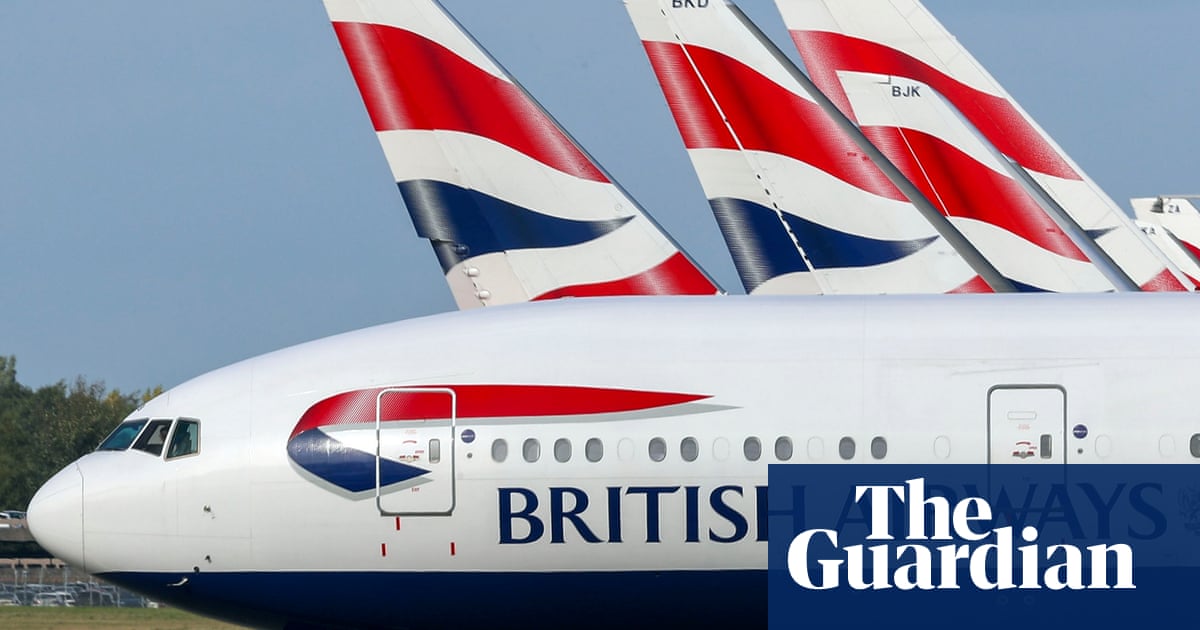Holidaymakers hoping to use frequent flyer points to reduce the cost of their holiday have been warned to beware of fraudsters claiming to sell them on third-party websites.
In a case that highlights the dangers of buying points through unofficial channels, a young couple were left hundreds of pounds out of pocket after they were defrauded by a scammer who claimed to be selling themBritish Airwaysloyalty points.
Nigel Turner*, a small business owner, believed he was buying Avios points from someone on a Facebook group when he was planning a trip to Corfu for the end of this month.
Turner paid £200 for 60,000 Avios points that he thought would contribute towards two business class flights for the 10-day break. Without the points, the flights cost £1,300.
But after the points had been transferred and he booked the tickets, it emerged that they did not belong to the seller. Turner was told by BA that the points had been “fraudulently obtained”.
He was left with a non-refundable hotel booking and airport transfers worth £700.
“Both of us are self-employed so this has hit us hard, financially and emotionally,” he said. “It’s heartbreaking to tell someone you love that the holiday you both looked forward to for months is gone.”
He added: “We would have never flown business class, to be honest, without seeing this. It was just a cool thing which we thought we could do and it would cost the same amount as a normal flight.”
Turner paid of the points using a bank transfer, and they were transferred to his Avios account.
But then BA contacted him and said the points had been fraudulently obtained and removed them from him. The airline said it knew Turner had nothing to do with the fraud, and refunded the additional legitimate Avios he used towards the flight.
“Scams like this can still happen even when you think you’ve protected yourself. I had the points in my account before paying – and I still got scammed,” he said. “If it’s happening in one Facebook group with 75,000 members, you can bet it’s happening in others too.”
Up to 60,000 Avios points can be transferred legitimately between people on the airline’s website for an admin fee of £50.
BAsaid in a statement that the sale of the points had violated its terms and conditions as selling or buying “via outside sources” was forbidden.
It added that the stolen Avios points had been restored to the person who they belonged to. Turner said the person who sold him the fraudulent points had deleted his Facebook account.
New rules requiring banks and other payment companies to reimburse fraud victims who have been tricked into sending money to scammers took effect last October. Turner has now been refunded the £200 he paid.
- Names have been changed
